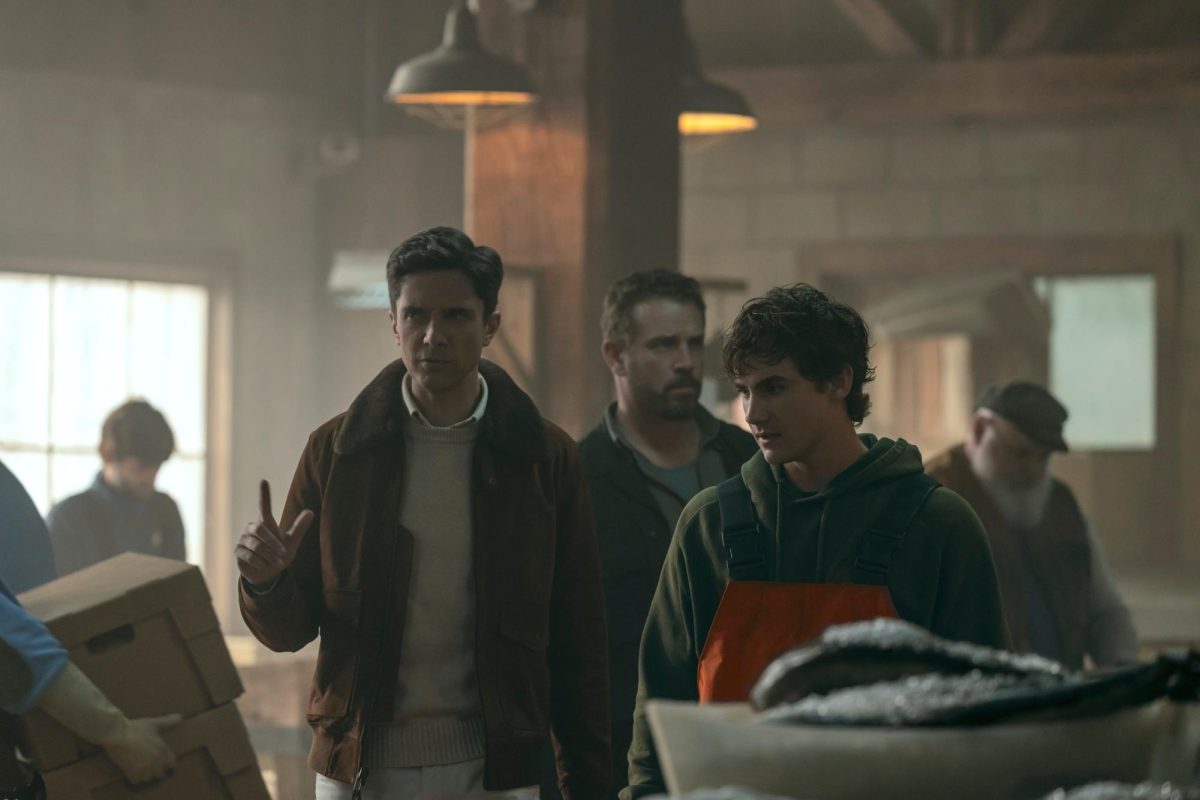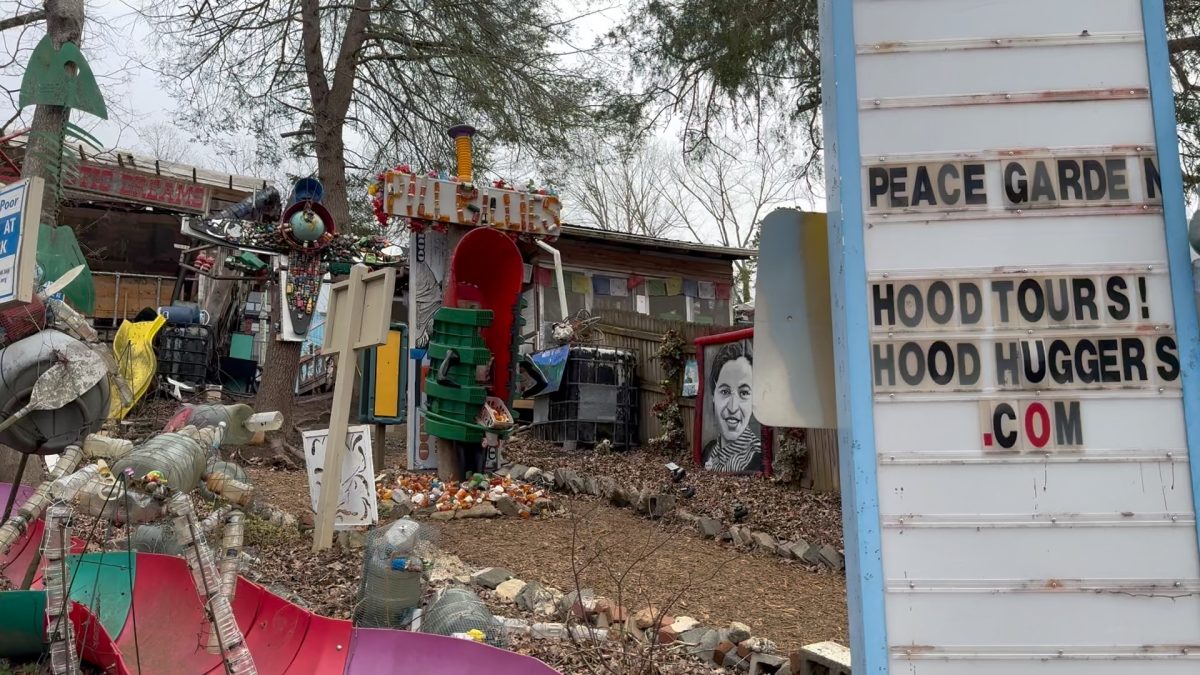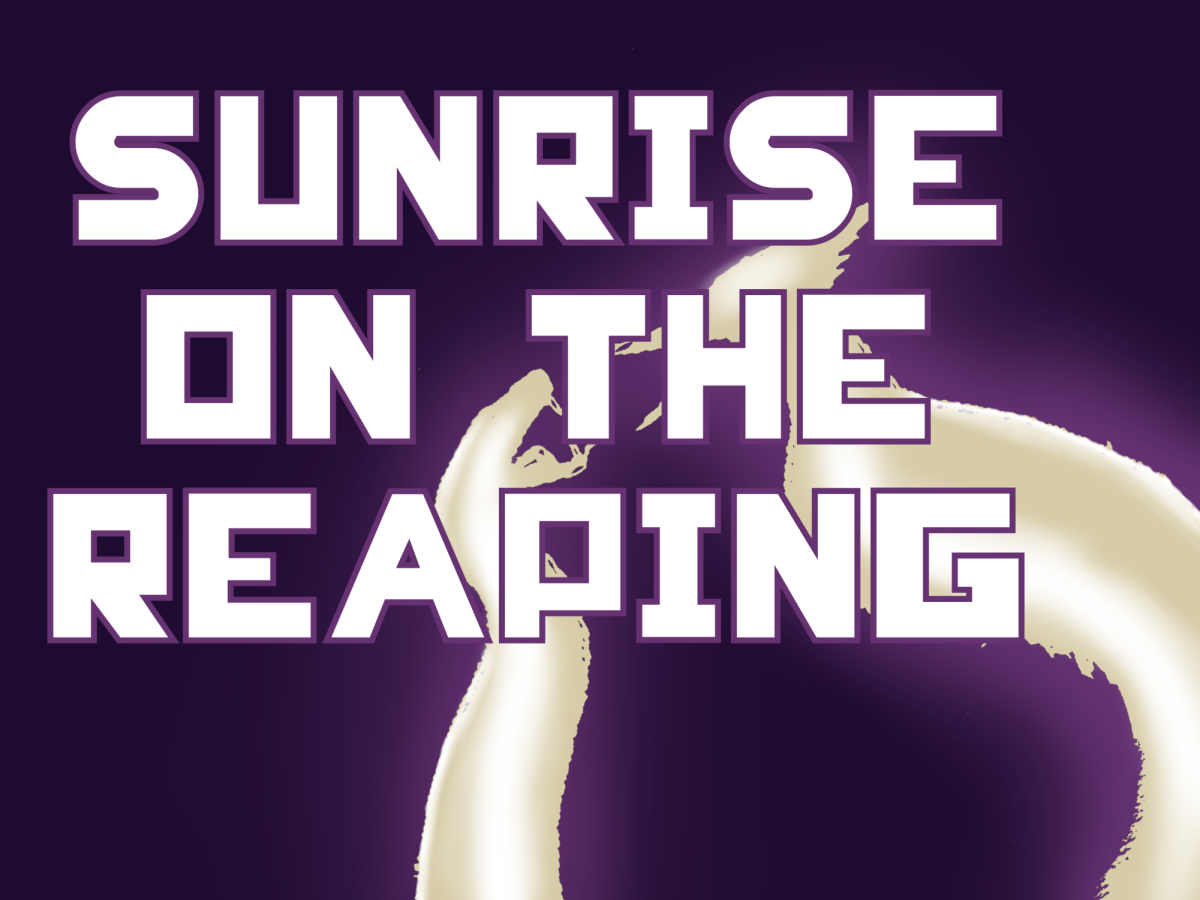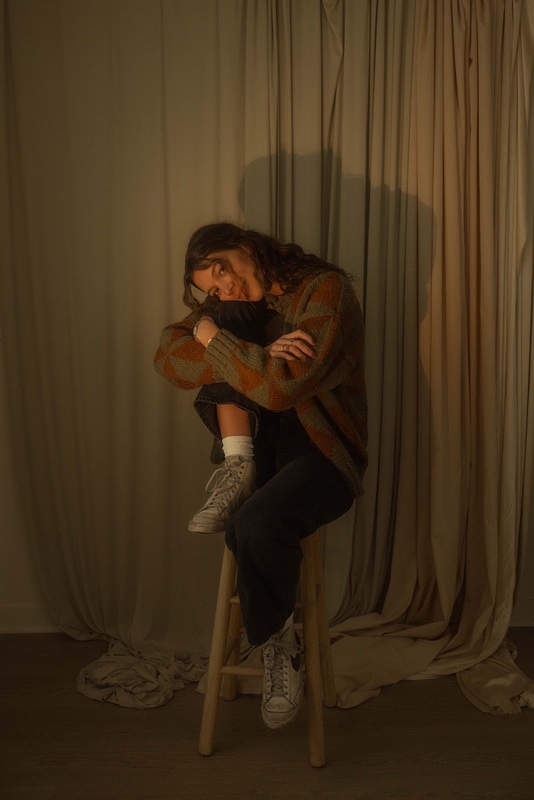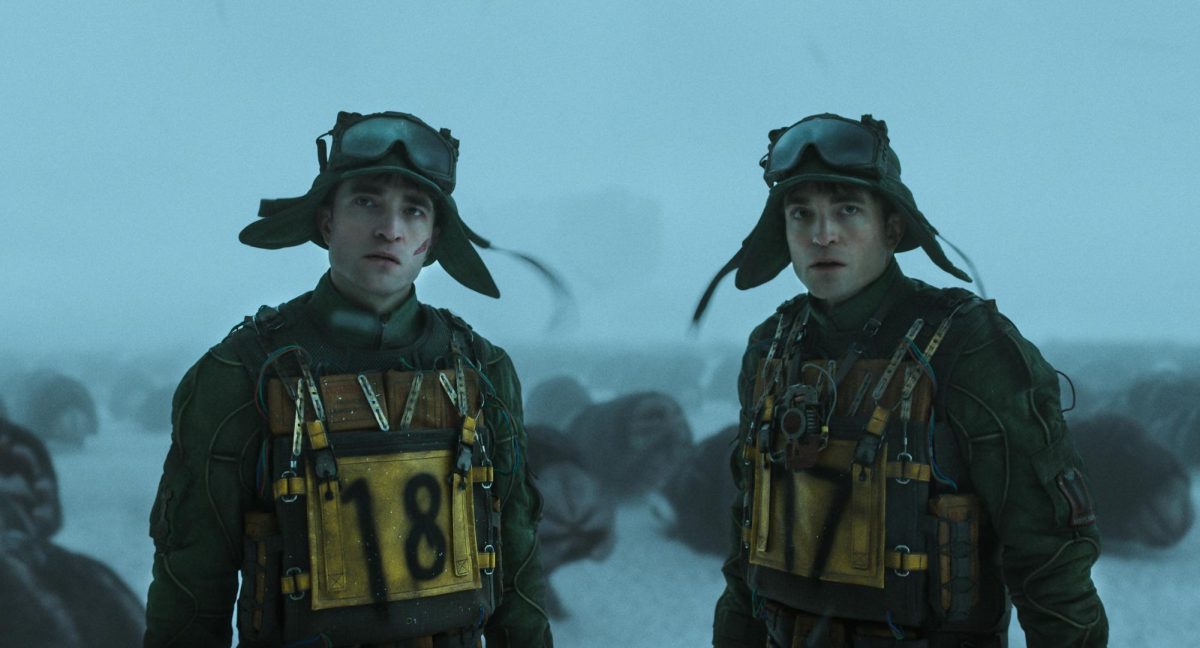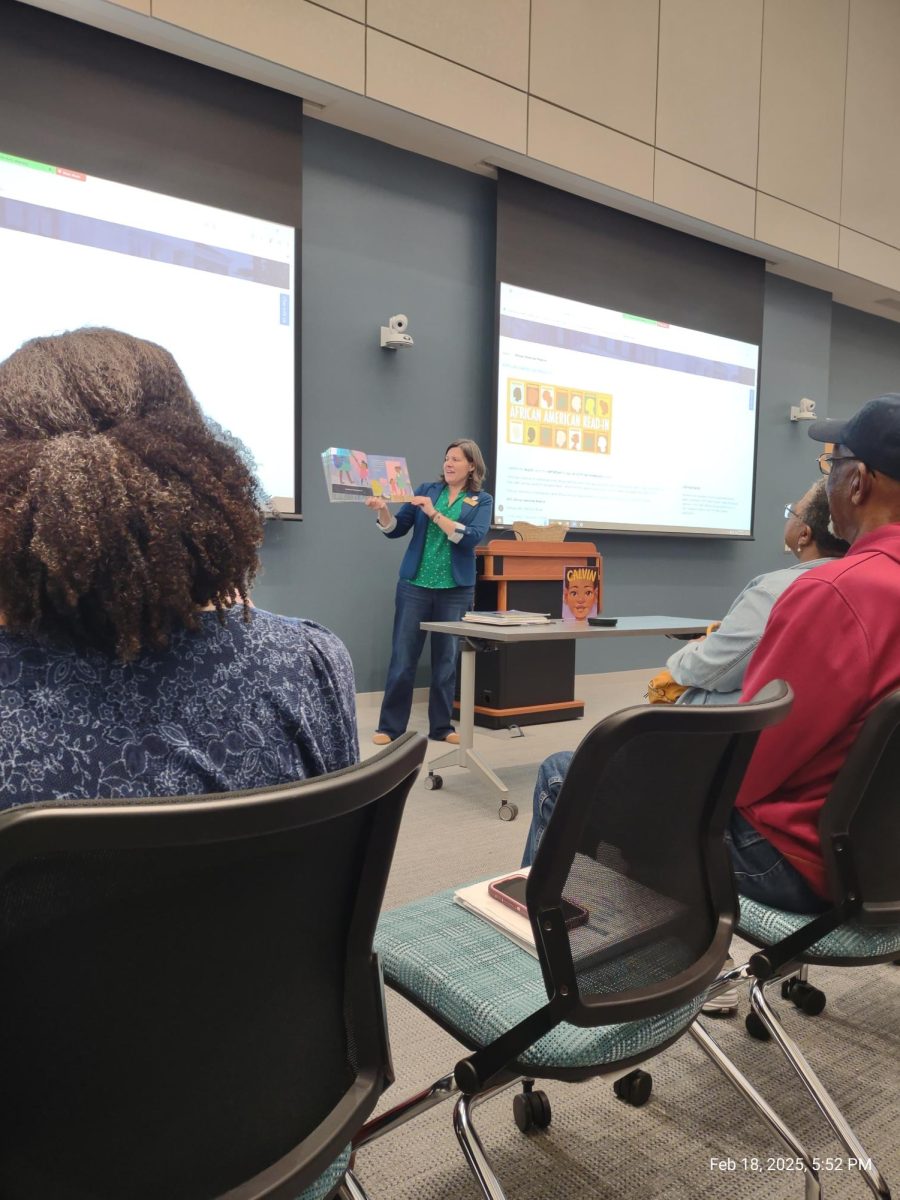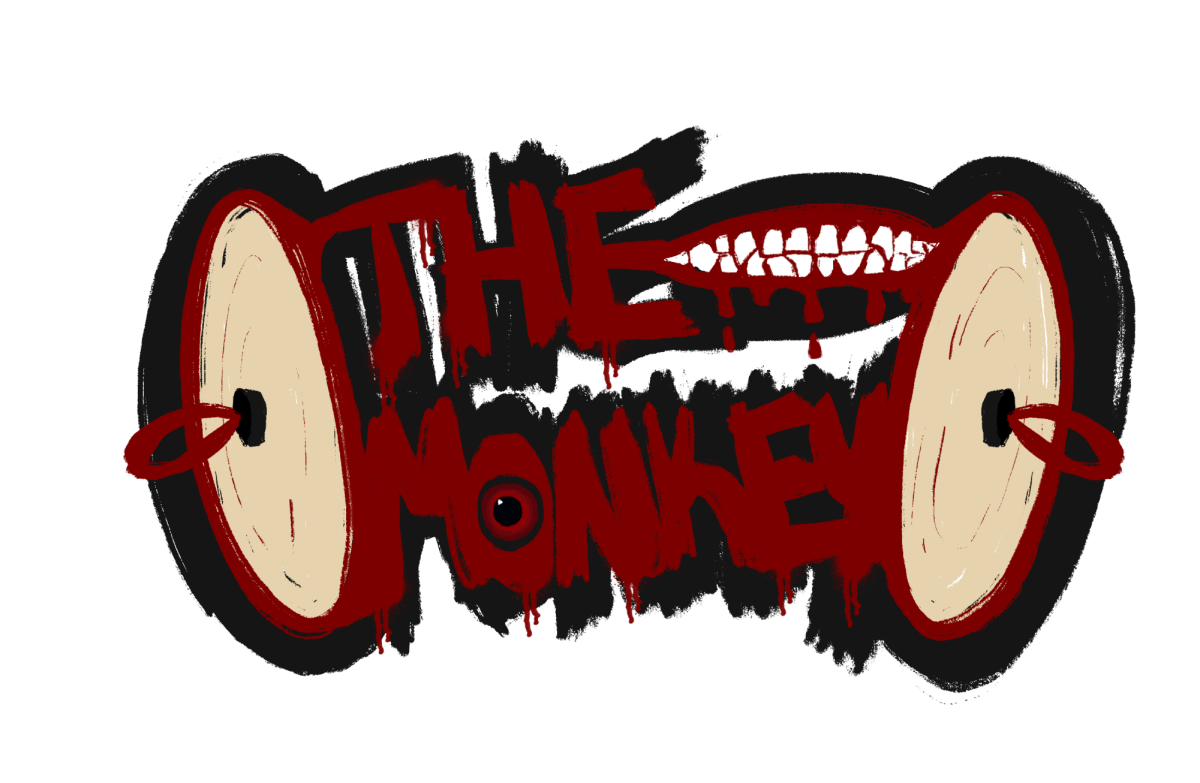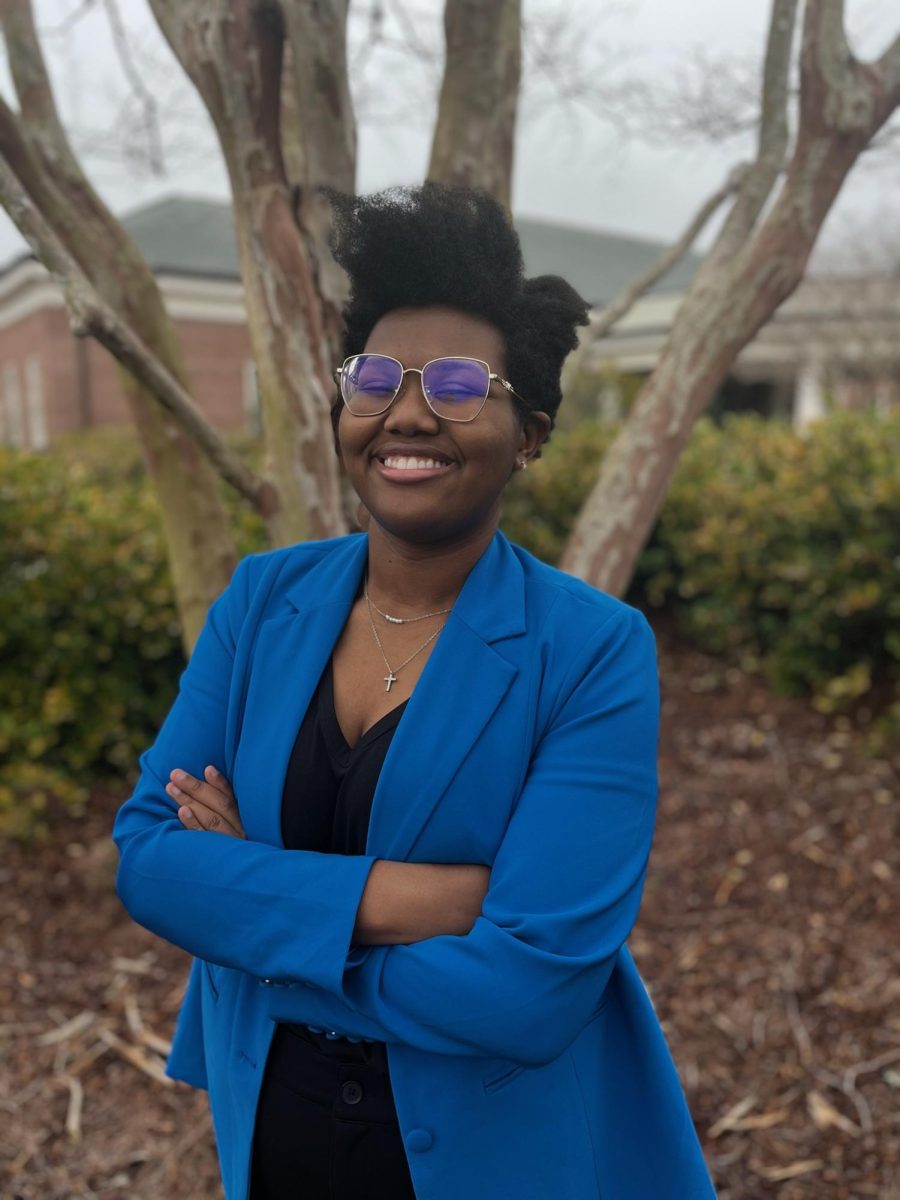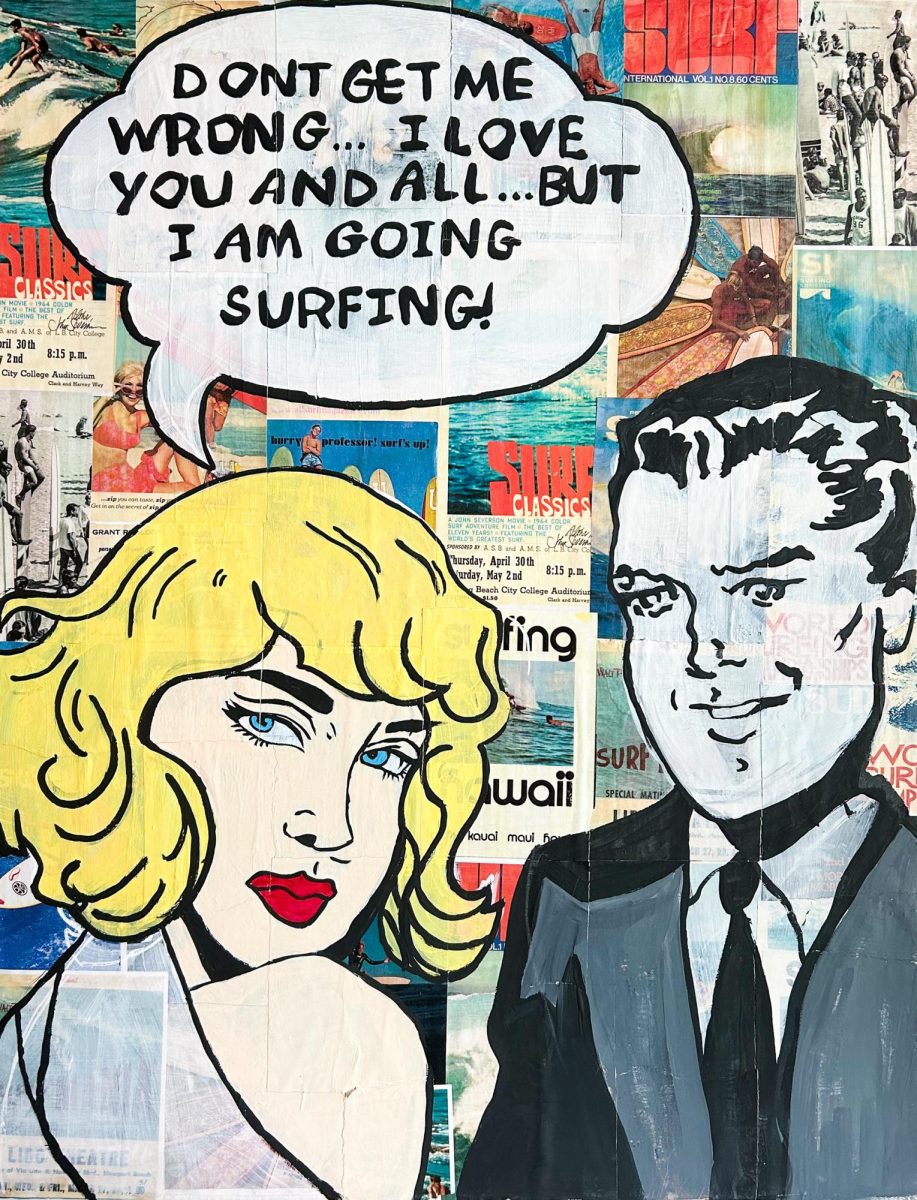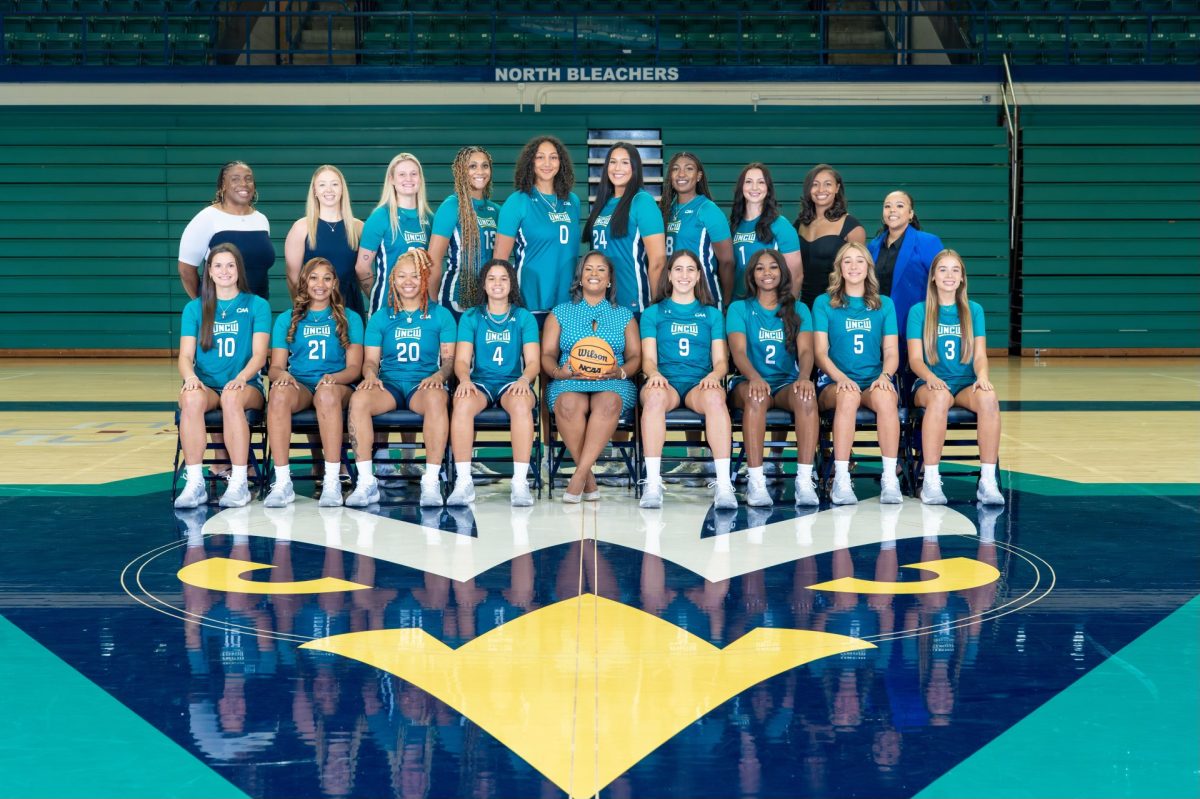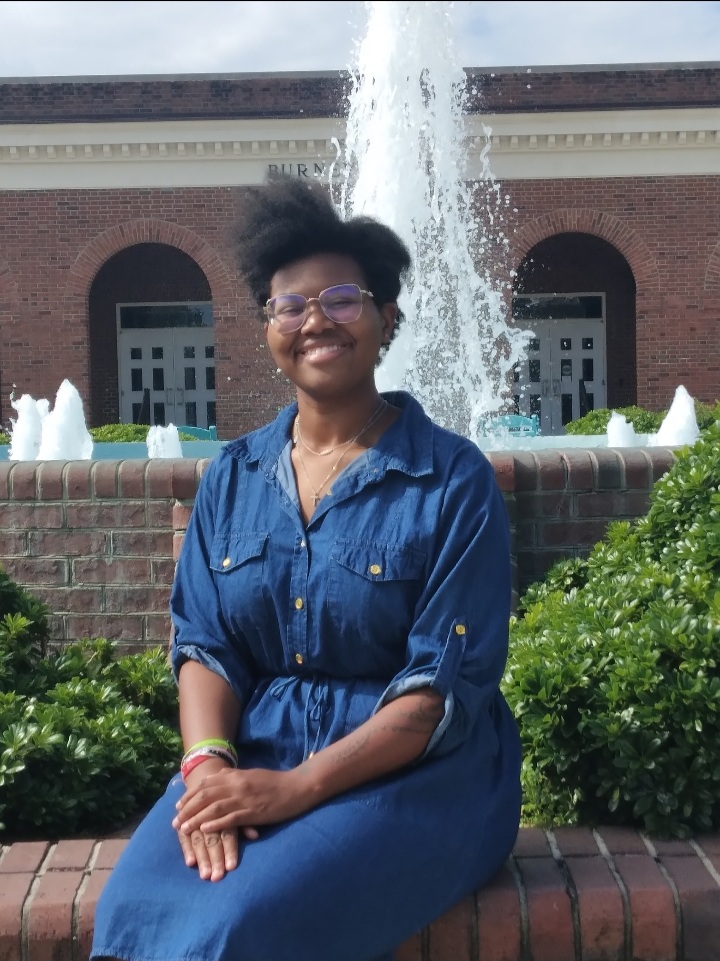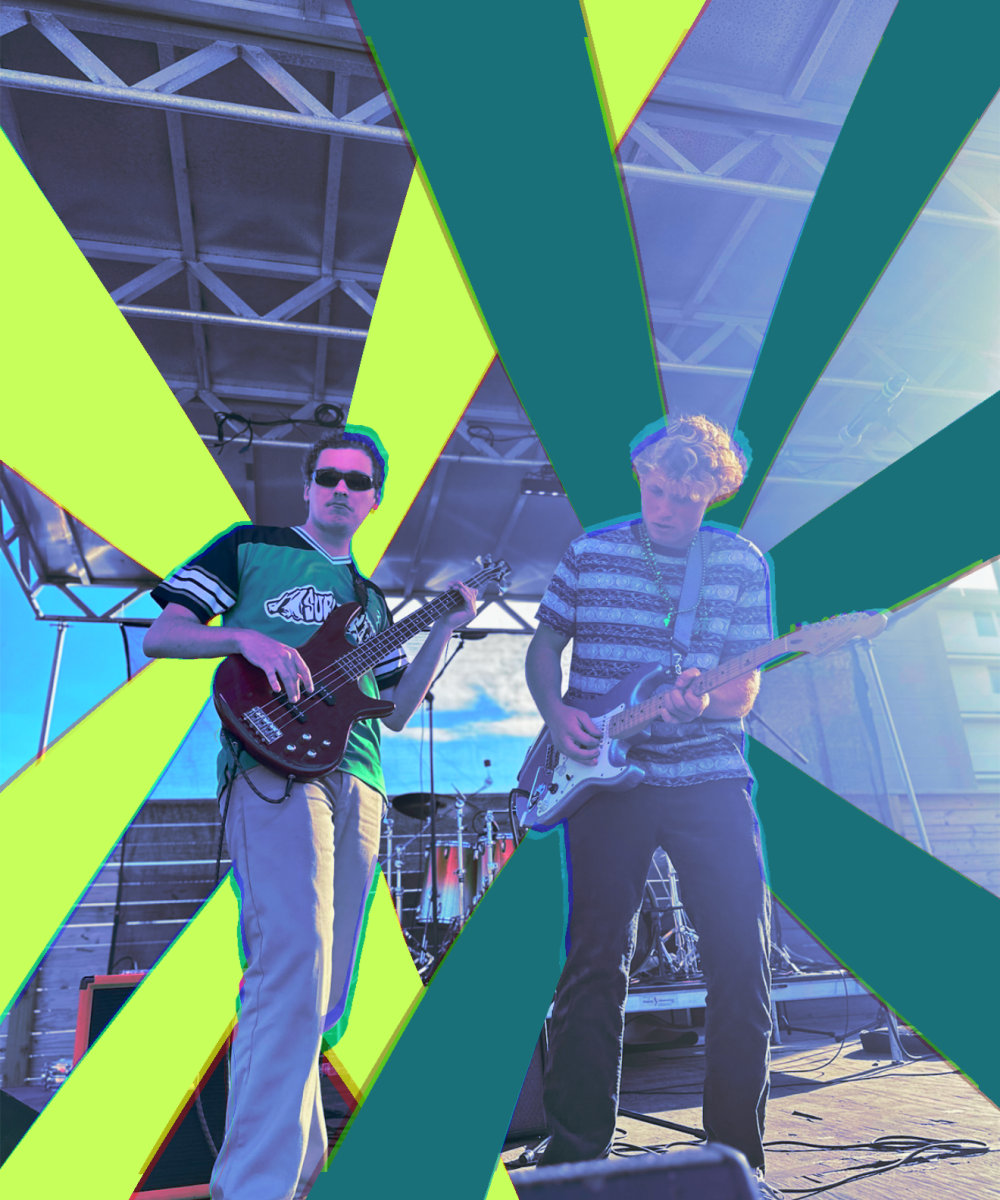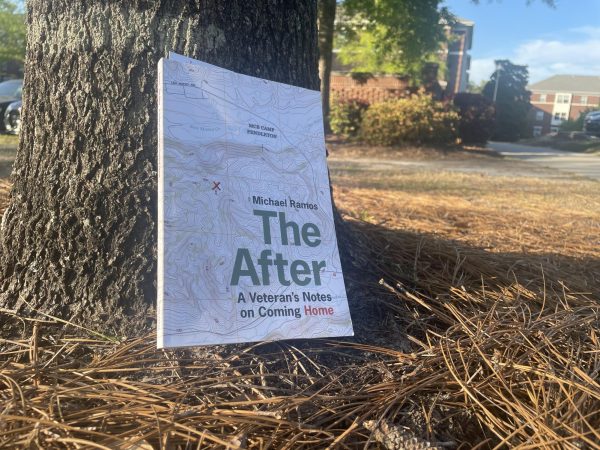
“The After” by Michael Ramos is a valiant portrayal of holding the tension between two extremes until a third way emerges. This book is a collection of personal essays on how to find your place in this world after your place tells you you’re no longer relevant. The book contains two parts. Part one consists of essays that ruminate on the divide between civilian life and life in war; These essays acknowledge this tension and ask us as the reader to open our minds to a new perspective on war and veterans. Part two consists of essays about legacy, heritage and what we give to others; The essays center around carrying the weight of the after and watching time go by.
“I have long suspected it’s the leaving that hurts the most, makes the moving forward the hardest for warfighters,” wrote Ramos. “Because the guy you looked to for a smartass reality check isn’t within arm’s reach or a shout. Because the guy who loves you and you love isn’t there and neither are the ones who remember.”
Memory is a lonely place to live. How do you cope when the memories of war are still alive in your body? This is what Ramos discovers and shares in his essays.
The book briefly touches on life before the war, but the primary focus is life after war. Ramos is accountable to his time in the service and the lessons it taught him through experience and conversation, such as liking what you like regardless of what others think (Hazelnut), even in death people live on in memory (Section 60, Grave 8356), what the mind can’t comprehend the body knows (Section 60, Grave 8356).
The essay “War Stories” answers the question, why don’t you tell war stories?
The answer: “I don’t usually tell war stories because most people won’t understand—won’t being a choice—or maybe they can’t because here where everyone is so far from death, everything is so polite and civilized and we vets are so uncivilized. Our speech and actions don’t mesh with everyone else’s, and rather than being judged or called racist or misogynist or whatever else, we won’t tell our war stories for the sake of telling stories.”
So instead of telling us war stories, Ramos gives us the after, knowing full well there is a division in our understanding.
“Boots” is the first essay that takes us through the logistics of Ramos’s career in the Navy. Ramos initially wanted to be a Marine but signed a contract with the Navy 13 days before 9/11 and was shortly after sent to Iraq. The essay explores the logistics through the metaphor of boots. What is a boot? A new recruit in the Marines, but the physical boot is also a symbol of a marine’s motivation.
“A Marine takes care of his weapon first, his gear second (including boots), then himself,” wrote Ramos.
This essay shows us the adage once a marine always a marine is true for Ramos: “who we were as Marines, as warriors, as brothers would be forever tattooed on our souls.” In the Marines, he found community, companionship, and purpose. Nonchalance in the Marines was not tolerated, which lead to strongly calcified “either/or” thinking. You either were a marine or you weren’t. You either moved with purpose or you didn’t. You practiced until you could do it perfect or you didn’t do it at all. Ramos makes it clear that serving for him was only ever about the guy’s life on his left and his right.
On one end of the spectrum, there exists the warrior and the war, and on the other end is the civilian and comfort. After his time in the service, Ramos was pulled between these extremes; he was either a Marine or he was a civilian. In Iraq, he functioned like a Marine, but when he returned home, civilians wanted to place him in an easily definable veteran box that he didn’t agree with: remorseful for his time or heroic for his time.
With no example of how to alchemize the tension of opposites, Ramos found the third way on his own: even in the civilian world, it’s about caring for the person on your left and your right. The core lesson of “The After” is that empathy, dropping of projections and ego to get to know the person in front of you so that you can truly care for them, is the only way to move forward. This is an honest, unflinching account of what it means to return to a place and find you are both changed.
“The After” is an exploration of humanity. It traces inheritance, legacy and what we can teach each other. We are told that life is linear because we exist in time, but memory and healing are a spiral circling around and around the stuff tattooed on our souls.
The collection culminates with Ramos’s new perspective on serving in the civilian world.
“I stayed true to my culture and my Marines and myself. . . And I continue to serve. I recognize that people are people, and we all want to be heard. . . We are all the same. And I try to remember that.”



